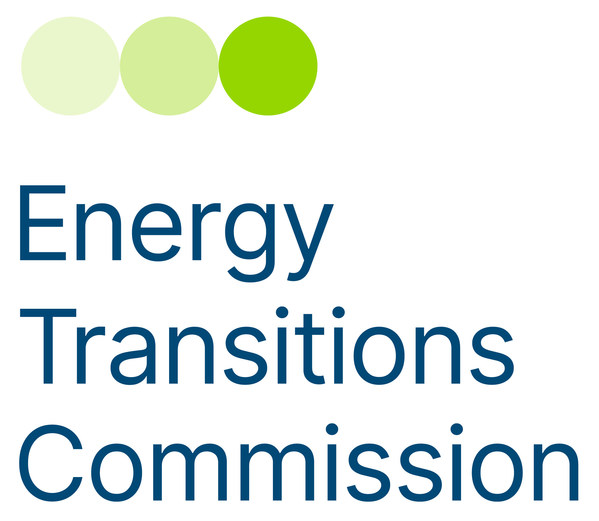 |
Path to a viable business case demonstrated in multiple markets – co-operation urged to create enabling conditions at the international level to accelerate investment
LONDON, April 5, 2023 /PRNewswire/ -- A viable investment case for near-zero emissions primary steel projects is within reach in Europe and North America, according to the latest report from the global Energy Transitions Commission (ETC), making it possible to put the steel sector on a Paris Agreement-aligned emissions pathway by 2030.
The global pipeline of near-zero emissions primary (ore-based) steel projects must triple within the next three years to enable 190 million tonnes per annum (Mtpa) of 'green' production by 2030 and keep industry emission reduction targets within sight. "Unlocking the First Wave of Breakthrough Steel Investments – International Opportunities: United Kingdom, Spain, France, and the United States" – reveals that practical policy and industry action in four countries can secure a viable investment case in those markets, creating opportunity to grow the pipeline of projects and accelerate existing proposals to final investment decisions (FIDs).
Steel already accounts for 7% of annual global greenhouse gas emissions and demand is set to rise, as the material is fundamental to building the energy transition, from wind turbines to electric vehicles, and to infrastructure growth in developing economies. 'Breakthrough' iron- and steelmaking technologies, centred around using low-carbon hydrogen to produce direct reduced iron (DRI), have been developed and offer a viable solution for decarbonising primary steel.
Green-lighting projects by 2026 is the critical challenge given the lead times involved and the ETC's report demonstrates that the financial gap for doing so is smaller than previously thought. All four countries can offer a viable investment case, particularly in light of recent policy developments, if action is taken urgently to close the 'last-mile' gap. Key insights include:
The globalised nature of steel markets mean that policy support at the national level can have implications on international trade. Concerted co-operation between governments and companies is essential for ensuring these efforts do not cause cross-border friction and instead create enabling conditions for investment at the international level. Key areas for collaboration include:
Editors' notes:
Media contacts: